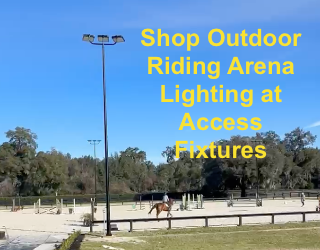Emily Weiss, Ph.D., an applied animal behaviorist and equine welfare expert, emphasizes that understanding and solving equine behavior challenges hinges on positive reinforcement—rewarding desired behaviors to make them feel good for the horse. She explains that horses, like all animals, behave based on what feels good or less bad, and successful training requires thinking from the horse’s perspective. For example, trailer loading can be intimidating due to changes in lighting, so adjusting the environment and using rewards like food or touch can encourage cooperation. Weiss advocates using a consistent signal or “bridge” (such as a whistle sound) to mark the desired behavior before delivering the reward, helping horses learn effectively.
Weiss contrasts positive reinforcement with traditional negative reinforcement (pressure and release), noting that positive methods build confidence and trust, especially for fearful horses. She advises careful timing and purposeful delivery of rewards to avoid inadvertently encouraging pushy behavior. Once a behavior is learned with consistent rewards, variable reinforcement—rewarding only sometimes—helps maintain it long-term. Weiss also warns against “tricking” horses with food lures, advocating instead for training horses to come willingly on cue with positive reinforcement, which fosters trust and reliability. Overall, she encourages horse handlers to expand their training toolbox by incorporating positive reinforcement to improve communication and ease training challenges.







